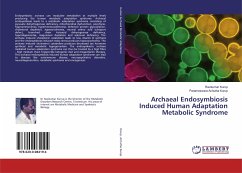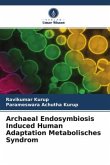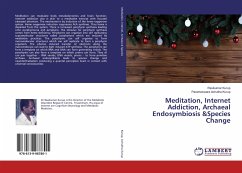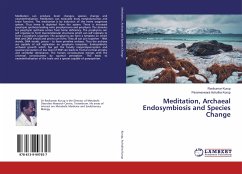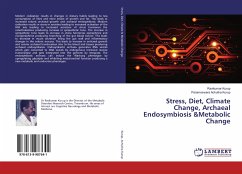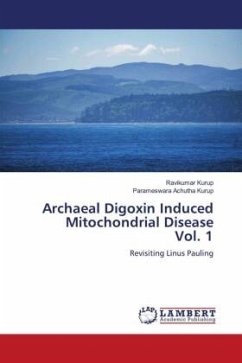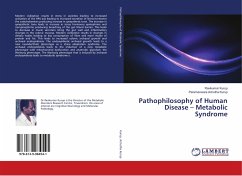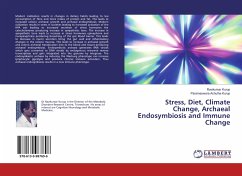Endosymbiotic archaea can modulate metabolism at multiple levels producing the human metabolic adaptation syndrome. Archaeal endosymbiosis leads to a metabolic adaptation syndrome consisting of pyruvate dehydrogenase deficiency, mitochondrial dysfunction, porphyria, hyperammonemia, hyperhomocysteinemia, defective protein glycosylation, cholesterol depletion, hyperprolinemia, neutral amino acid transport defect, branched chain ketoacid dehyrogenase deficiency, hyperdigoxinemia, magnesium depletion and selenium deficiency. The archaea induced cholesterol catabolism leads to low vitamin D synthesis and the endosymbiosis induced redox stress produces hypoascorbemia. The archaea induced cholesterol catabolism produces decreased sex hormone synthesis and metabolic hypogonadism. The endosymbiotic archaea mediated human adaptation syndrome can thus be treated by a high fibre - high medium chain triglyceride ketogenic diet and megavitamin therapy. This archaeal endosymbiosis induced humanadaptation syndrome can lead to diseases like autoimmune disease, neuropsychiatric disorders, neurodegeneration, metabolic syndrome and oncogenesis.

